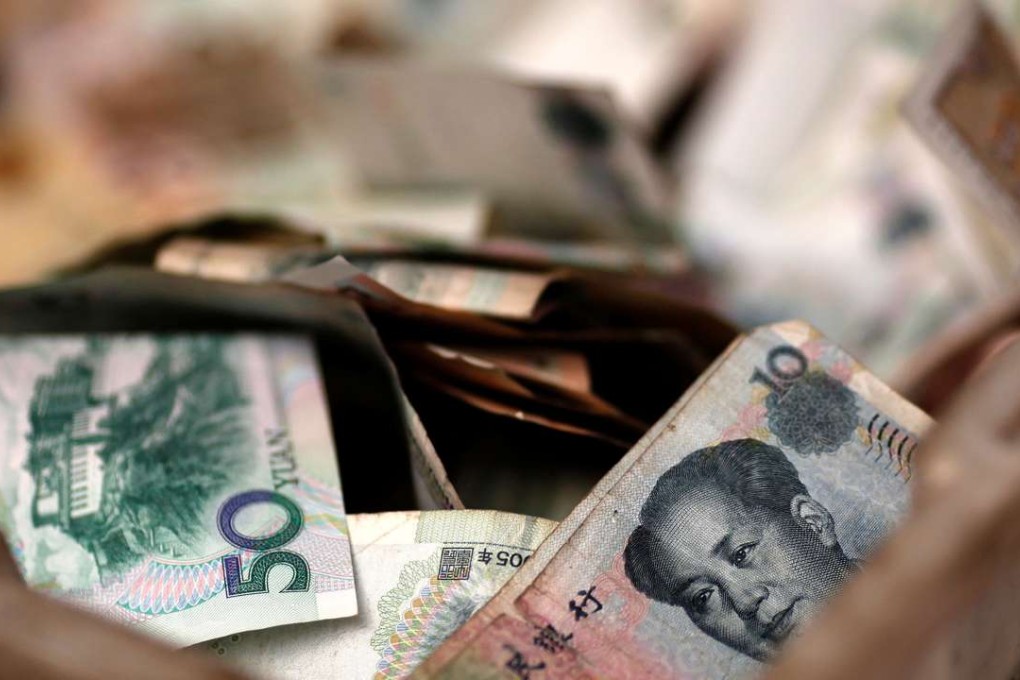China should ‘stand back and let yuan fall against US dollar before Trump takes office’
Chinese government adviser says authorities trying to control drop in currency’s value are wasting nation’s hard-earned foreign reserves

An influential government adviser says Beijing should stop intervening to control the value of the yuan and instead allow a fall in the currency’s exchange rate before Donald Trump takes office as US president at the end of January.
Yu Yongding, a senior fellow at the Chinese Academy of Social Sciences, wrote in a co-authored article published in the Shanghai Securities News that the Chinese currency was likely to depreciate against the US dollar in the coming months.
As a result, he argued that Beijing should permit the yuan to fall as much as the markets dictated while maintaining controls on the flow of capital in and out of the country.
Yu, who was the only academic on the central bank’s monetary policy committee when Beijing removed the yuan’s peg to the value of the dollar in 2005, wrote: “Over the next few months, the possible increase of returns on dollar assets … and capital outflows will bring in bigger depreciation pressure on yuan.
“From now until president-elect Donald Trump officially takes office is a good window period to abandon market intervention and let the yuan fully release its depreciation pressure.”